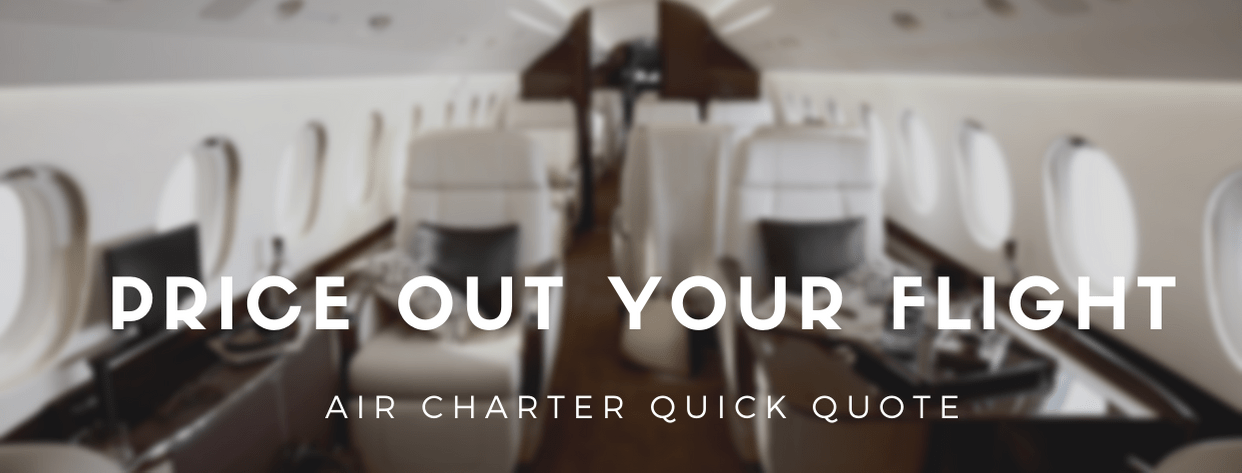The Rise and Impression of Private Airline Companies in the Aviation B…
페이지 정보
작성자 Alison 댓글 0건 조회 3회 작성일 25-07-08 21:27본문
The aviation business has witnessed a big transformation over the past few many years, with private airline companies emerging as key players in a sector historically dominated by nationwide carriers and huge business airways. These private entities haven't solely diversified the market however have additionally reshaped the travel experience for purchasers across the globe. This text explores the rise of private airline companies, tyeala.com,, their operational fashions, the advantages they supply, private airline companies and the challenges they face in a aggressive panorama.
Historical Context
The concept of private airlines is just not new; nevertheless, their prominence has surged because the deregulation of the airline business in various regions, notably in the United States within the late 1970s. This deregulation allowed private corporations to enter the market without the constraints imposed by authorities laws, leading to elevated competition, innovation, and a broader vary of providers. The development continued globally, with many nations opening their skies to private operators, enabling them to determine routes and services previously monopolized by state-owned airlines.
Business Models of Private Airlines
Private airline companies operate underneath various enterprise models, every catering to specific market segments. The most common fashions embody:
- Low-Value Carriers (LCCs): These airlines deal with offering primary air journey providers at decrease costs by minimizing operational costs. They usually cost for extras, resembling checked baggage, in-flight meals, and seat selection. Examples embrace Ryanair and Southwest Airlines. LCCs have democratized air travel, making it accessible to a broader viewers.
- Charter Airways: These airways provide flights that aren't a part of the common schedule and are sometimes booked by journey agencies or tour operators. Charter airways can present personalized services for teams, making them fashionable for trip packages. Corporations like Sunwing and Thomas Cook exemplify this mannequin.
- Business Jets and Private Aviation: This sector caters to excessive-internet-price people and firms looking for customized travel experiences. Companies like NetJets and VistaJet provide fractional possession and on-demand charter services, allowing clients to bypass commercial airport hassles and get pleasure from luxurious journey.
- Regional Airways: These airlines join smaller cities and towns to main hubs, filling the hole left by bigger carriers. They typically function below a code-sharing settlement with larger airways, offering important connectivity. Examples embody Horizon Air and SkyWest Airways.
Advantages of Private Airlines
The emergence of private airline companies has brought several advantages to the aviation industry and shoppers alike:

- Elevated Competition: The entry of private airlines has fostered competitors, resulting in decrease fares and improved service quality. Consumers benefit from a wider range of choices, permitting them to choose airways that best meet their wants.
- Innovation and Efficiency: Private airlines often undertake progressive approaches to operations, using expertise to enhance customer experience and streamline processes. This includes on-line booking programs, mobile apps, and actual-time flight monitoring.
- Customization and adaptability: Private airlines, especially in the business aviation sector, provide tailor-made services that cater to individual preferences. This flexibility allows passengers to decide on their journey schedules, routes, and even in-flight companies.
- Job Creation: The growth of private airlines has contributed to job creation within the aviation sector, from pilots and cabin crew to floor private airline companies staff and upkeep personnel. This has a optimistic affect on local economies, particularly in regions served by these airlines.
Challenges Faced by Private Airlines
Despite their many advantages, private airline companies also face a number of challenges that may influence their operations and progress:

- Regulatory Hurdles: While deregulation has opened up alternatives, private airlines must still navigate a complex internet of regulations, together with safety standards, environmental laws, and labor regulations. Compliance can be expensive and time-consuming.
- Market Volatility: The aviation industry is very inclined to financial fluctuations, gas value volatility, and geopolitical tensions. Private airlines usually operate on thin margins, making them weak to sudden modifications in market circumstances.
- Competition from Main Airlines: While private airlines have carved out area of interest markets, they often compete with bigger airways that have extra assets and established customer bases. This competitors can lead to price wars, impacting profitability.
- Customer Expectations: As consumers become more discerning, private airlines should frequently enhance their service choices to fulfill rising expectations. This includes enhancing in-flight amenities, customer support, and overall travel expertise.
The way forward for Private Airlines
Looking forward, the future of private airline companies seems promising, driven by a number of traits:
- Sustainability Initiatives: As environmental issues develop, private airlines are increasingly specializing in sustainability. This includes investing in fuel-efficient aircraft, exploring different fuels, and implementing carbon offset applications.
- Technological Advancements: The mixing of expertise will continue to shape the industry. From AI-driven customer support to superior flight planning methods, private airlines that leverage technology successfully will probably gain a aggressive edge.
- Increased Demand for Private Travel: The COVID-19 pandemic has accelerated curiosity in private journey attributable to well being and security concerns. Many travelers now favor private jets over industrial flights to attenuate exposure to crowds, indicating a potential lengthy-term shift in consumer preferences.
- Global Growth: As economies recover and journey restrictions ease, private airlines are poised to develop their operations into rising markets. This presents opportunities for progress and elevated connectivity in underserved areas.
Conclusion
Private airline companies have considerably impacted the aviation industry, providing numerous services that cater to a variety of travelers. Their potential to adapt to market calls for, innovate, and provide customized experiences has made them an integral part of the global air journey panorama. While challenges stay, the future of private airlines appears to be like vibrant, with opportunities for development and transformation on the horizon. As they continue to evolve, private airlines will undoubtedly play a crucial function in shaping the future of aviation, making air journey extra accessible, efficient, and fulfilling for everyone.
댓글목록
등록된 댓글이 없습니다.